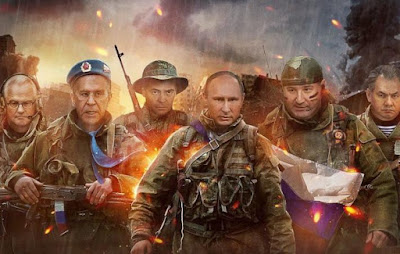
Una librería por cada 20 habitantes...
Ni siquiera el renombrado escritor Miguel Delibes creía que esto puediera existir en su Castilla natal. Suena a cuento de hadas. Los muros mentales de los egos hacen que la gente sea incrédula para unas cosas al mismo tiempo que muy crédulas para otras, por aquello del juicio ligero y apriorístico.
Urueña, una villa medieval enclavada a unos sesenta kilómetros de Valladolid, puede parecer la Maconda o la Hamelin de los cuentos.
¡Con no más de 180 habitantes cuenta con 9 librerías!
¡Y 5 museos!
La principal, Alcavarán, dispone de unos 4.000 libros, muchos de ellos inencontrables, fuera de imprentas o reeditables.
Otras destacables son: La Bodega Literaria, El Grifilm, La Boutique del Cuento, Alcuino Caligrafía&Arte y la Librería-Enoteca. El resto están abiertas temporalmente.
En cuanto a los museos podemos encontrar uno sobre campanas, otro con mil instrumentos musicales procedentes de países exóticos, otro de gramófonos y otro sobre cuentos.
La población también dispone de un periodico local "El Cisco".
El estudioso del folklore y de las tradiciones de Castilla, Joaquín Díaz (Zamora, 1947), hijo de esta localidad, es el creador del otro museo, dedicado a las artes y tradiciones castellanas.
Hay un parangón cultural parecido fuera de España, en Welsh, pequeña villa de Hay-on-Wye, con más de medio millón de visitas al año, por desgracia, "tipical Spain", no tantas como las cuarenta mil que recibe Urueña, concentradas en el período estival. Luego, como describe el poeta Antonio Colinas, vuelve al silencio con sus largas y frías noches, allí donde las arias de Händel van a morir...
Reflexión: En otras poblaciones por no decir en la mayoría, se habla de bares por cada número indeterminado de habitantes. Urueña es un ying-yang, una isla perdida, paraíso, una especie de "farenheit 451"

